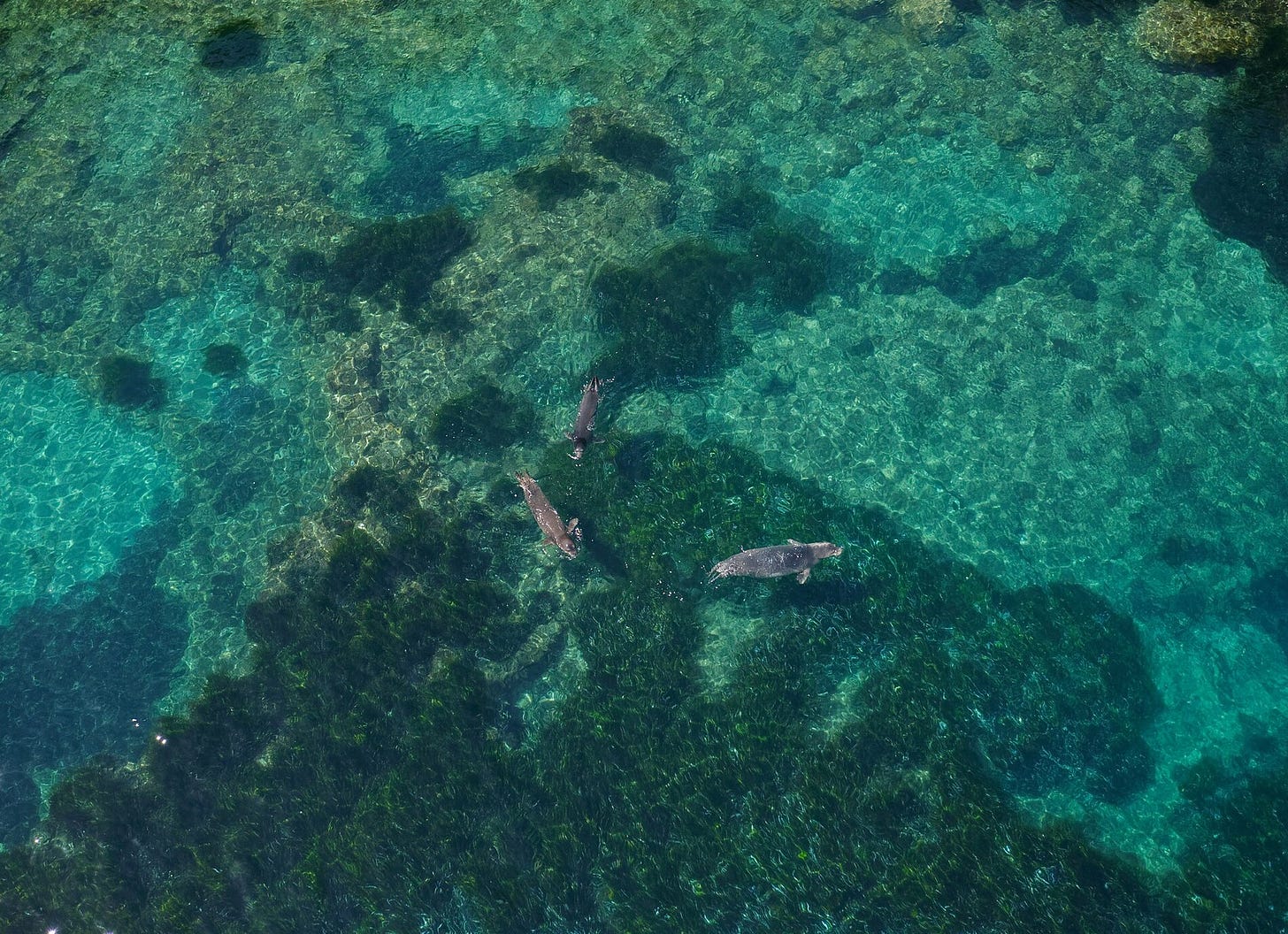
In a move that was supposed to herald a new era of environmental stewardship, Greece has postponed the establishment of two marine parks in the Ionian and Aegean Seas to mid-2025. On the surface, the initiative promises to protect the region’s marine biodiversity. However, beneath this glossy green narrative lies a controversial story of conflicting priorities, hydrocarbon extraction against marine biodiversity protection.
At the centre of the story lies the proposed Ionian Sea National Marine Park. A region intended to be a sanctuary for marine life, it appears to have become a stage for corporate interests. In a recent announcement, the Greek Ministry of Energy and Environment granted Chevron rights to explore hydrocarbons in waters adjacent to the planned marine park. Yes, you read that right. The same waters supposedly destined for preservation are now open to fossil fuel exploration.
A Lie Dressed as a Green Victory
The Ministry attempted to sugarcoat this contradiction by announcing plans to enlarge the marine park by adding parts of the "Marine Plot 10," an area previously leased to Hellenic Energy for exploration. This, however, isn’t an act of environmental goodwill but a lie. Hellenic Energy would have handed up this area anyway according to a previous agreement signed in 2020. In fact, according to the newspaper Kathimerini, Hellenic Energy has lost interest in this area since it holds little promise for hydrocarbon extraction. This pre-existing agreement now conveniently doubles as a PR win, allowing the government to repackage resource abandonment as a noble act of environmental guardianship.
WWF Calls Out the Greenwashing
Environmental organizations are not buying the Ministry’s narrative. Dimitris Karavellas, Director of the World-Wide Fund for Nature (WWF) Greece, did not mince words: “Marine parks and hydrocarbon exploration do not go together—not as a concept, not as a proposal, and certainly not as a reality. This insult to our intelligence must end.”
The Greek seas are one of the most important remaining biodiversity hot spots in the Mediterranean. In recent decades they have been dramatically degraded by pollution, intensive tourism and overfishing. Hydrocarbon explorations will turn it from a habitat that requires international protection into another dead ecosystem.
One thing is clear: drilling rigs and marine parks don’t belong in the same waters. It’s time for Greece to decide—preservation or plunder?
This article is free to read, but if you found it useful, please consider subscribing or making a small donation at my Buy Me A Coffee page below. The Climate Historian is an independent publication, entirely supported by readers like you.



